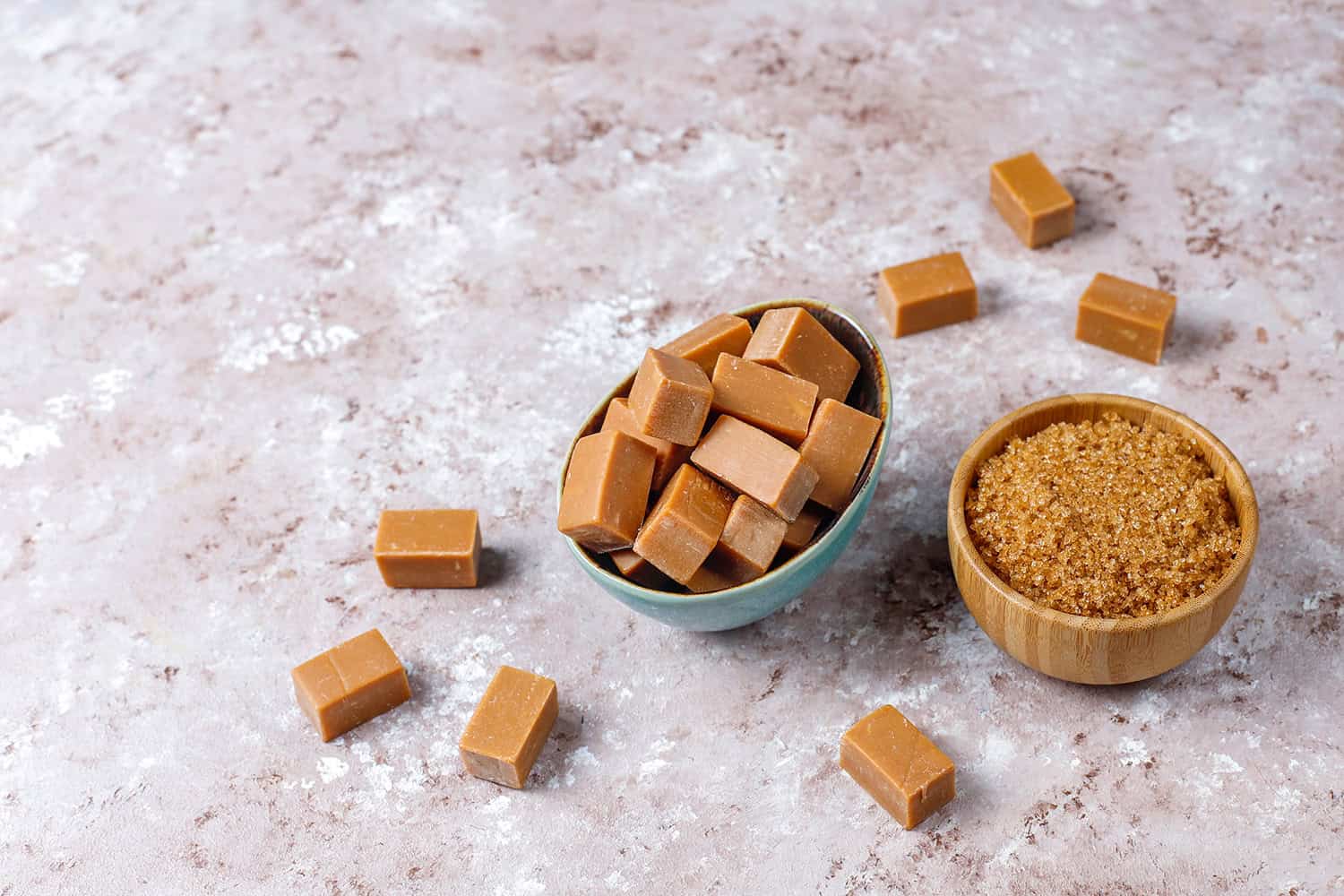Introduction Palm sugar, a traditional sweetener with roots in many Asian cultures, is gaining global recognition for its health benefits, versatility, and sustainable production methods. This comprehensive guide will delve into what palm sugar is, its numerous benefits, and its role in promoting sustainable agriculture.
Understanding Palm Sugar Palm sugar is produced from the sap of palm trees, specifically the sugar palm, date palm, sago palm, and coconut palm. The sap is collected, boiled, and reduced to create a thick syrup, which is then crystallized into sugar. This process is far less refined than that of white sugar, allowing palm sugar to retain more nutrients and natural flavors.
Health Benefits
- Nutrient-Rich: Palm sugar contains essential minerals such as potassium, magnesium, zinc, and iron, making it a healthier alternative to refined sugar.
- Low Glycemic Index: With a glycemic index of around 35, palm sugar causes a slower increase in blood sugar levels, which is beneficial for managing diabetes and reducing the risk of metabolic syndrome.
- Antioxidants: Palm sugar is rich in antioxidants, which help fight free radicals in the body, reducing the risk of chronic diseases.
Culinary Uses Palm sugar’s rich, caramel-like flavor makes it a versatile ingredient in various culinary applications. It can be used in baking, cooking, and as a sweetener for beverages. Popular dishes that use palm sugar include Thai curries, Indonesian desserts, and traditional Indian sweets.
Sustainability One of the significant advantages of palm sugar production is its sustainability. Palm trees require less water than sugar cane and can grow in diverse climates, often in areas where other crops cannot thrive. Additionally, palm sugar production provides livelihoods for small-scale farmers in many developing countries, promoting economic stability and reducing poverty.
Challenges and Considerations While palm sugar has many benefits, it is essential to be aware of certain challenges. The production process can be labor-intensive, and there are concerns about deforestation and habitat loss if palm trees are not harvested sustainably. Therefore, choosing palm sugar from reputable, sustainable sources is crucial.
Conclusion Palm sugar stands out as a healthier, more sustainable alternative to refined sugar. Its rich nutritional profile, combined with its versatility in cooking and baking, makes it an excellent addition to any diet. By choosing sustainably produced palm sugar, consumers can enjoy its benefits while supporting environmental and economic sustainability.

